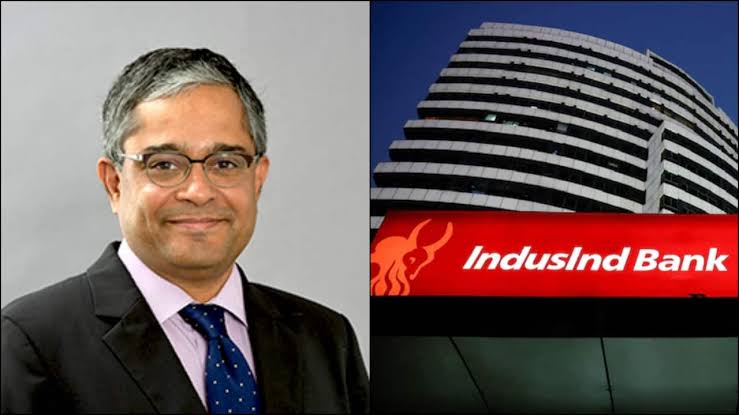IndusInd Bank, after months marked by leadership turmoil and regulatory scrutiny, has found its new chief executive. Rajiv Anand has been appointed as the Managing Director & CEO, effective from August 25, 2025, through August 24, 2028, signaling a potentially transformative era for one of India’s leading private sector banks. The announcement was confirmed today, closing a rigorous search process and setting the stage for Anand to lead IndusInd through a critical turnaround phase.
Introduction
The appointment of Rajiv Anand comes at a pivotal time for IndusInd Bank, which has faced a tumultuous year featuring abrupt top-level departures, shareholder shifts, and financial setbacks stemming from internal accounting controversies. As the bank strives to restore credibility and chart a path to recovery, the leadership baton being passed to Anand is seen as a decisive step forward.
Key Highlights of the Appointment
-
Rajiv Anand’s appointment as Managing Director & CEO is official for a three-year term beginning August 25, 2025, and ending August 24, 2028.
-
The Board had shortlisted three names for the top job—Rajiv Anand, Rahul Shukla, and Anup Saha—with Anand emerging as the favored candidate, thanks to his deep sector experience and strong industry reputation.
-
This decision follows regulatory direction from the Reserve Bank of India (RBI) to submit a CEO shortlist by June 30, 2025, after the abrupt resignations of CEO Sumant Kathpalia and Deputy CEO Arun Khurana in April.
-
Anand is set to retire from Axis Bank this month, where he served as Deputy Managing Director, bringing over 35 years of experience in domestic and international finance to his new role at IndusInd Bank.
Banking on Experience: Who is Rajiv Anand?
-
Rajiv Anand is a seasoned financial leader recognized for extensive expertise spanning asset management, retail banking, and wholesale banking.
-
He joined Axis Group in 2009 and played key roles across business segments, building a reputation for prudent risk management and operational transformation.
-
His appointment is widely seen as a move to infuse IndusInd Bank with much-needed leadership stability and strategic direction during a period of heightened scrutiny by regulators and investors.
Backdrop: An Institution in Flux
-
Earlier in 2025, IndusInd Bank was rocked by a derivatives accounting controversy that led to a loss of $230 million. This crisis precipitated the resignations of then CEO Kathpalia and Deputy CEO Khurana, with interim leadership taken over by a committee of senior executives.
-
Regulatory investigations and allegations of internal control lapses have weighed heavily on investor sentiment, reflected in the bank’s volatile stock performance.
-
There have been dramatic shifts in the bank’s shareholding profile: mutual funds have reduced their stake, while foreign portfolio investors and retail investors have increased their holdings.
Current State of Affairs and Market Reaction
-
As of today, IndusInd Bank’s share price reflects a modest uptick of 0.6%, though the stock remains down 10% year-to-date, indicating ongoing market caution despite leadership clarity.
-
The bank reported a net profit of Rs 684 crore for the June quarter, reversing losses from earlier in the year—a sign that operational recovery may be underway, even as governance improvements remain top priority.
Renewed Focus: The Road Ahead
Under Rajiv Anand’s leadership, IndusInd Bank’s Board has articulated five strategic priorities:
-
Improving profitability
-
Implementing tighter cost controls
-
Sharpening recovery efforts
-
Strengthening its brand identity
-
Deepening engagement with stakeholders
The new CEO will be expected to address legacy governance issues, rebuild stakeholder trust, and steer the bank toward sustainable and transparent growth.
Conclusion
The appointment of Rajiv Anand as Managing Director & CEO marks a critical inflection point for IndusInd Bank. With regulatory, investor, and customer eyes firmly set on the bank’s next moves, Anand’s leadership is poised to play a pivotal role in ensuring a stronger, more resilient future for the institution.
Source: Reuters, Angel One, Caalley.com, News18, Economic Times
